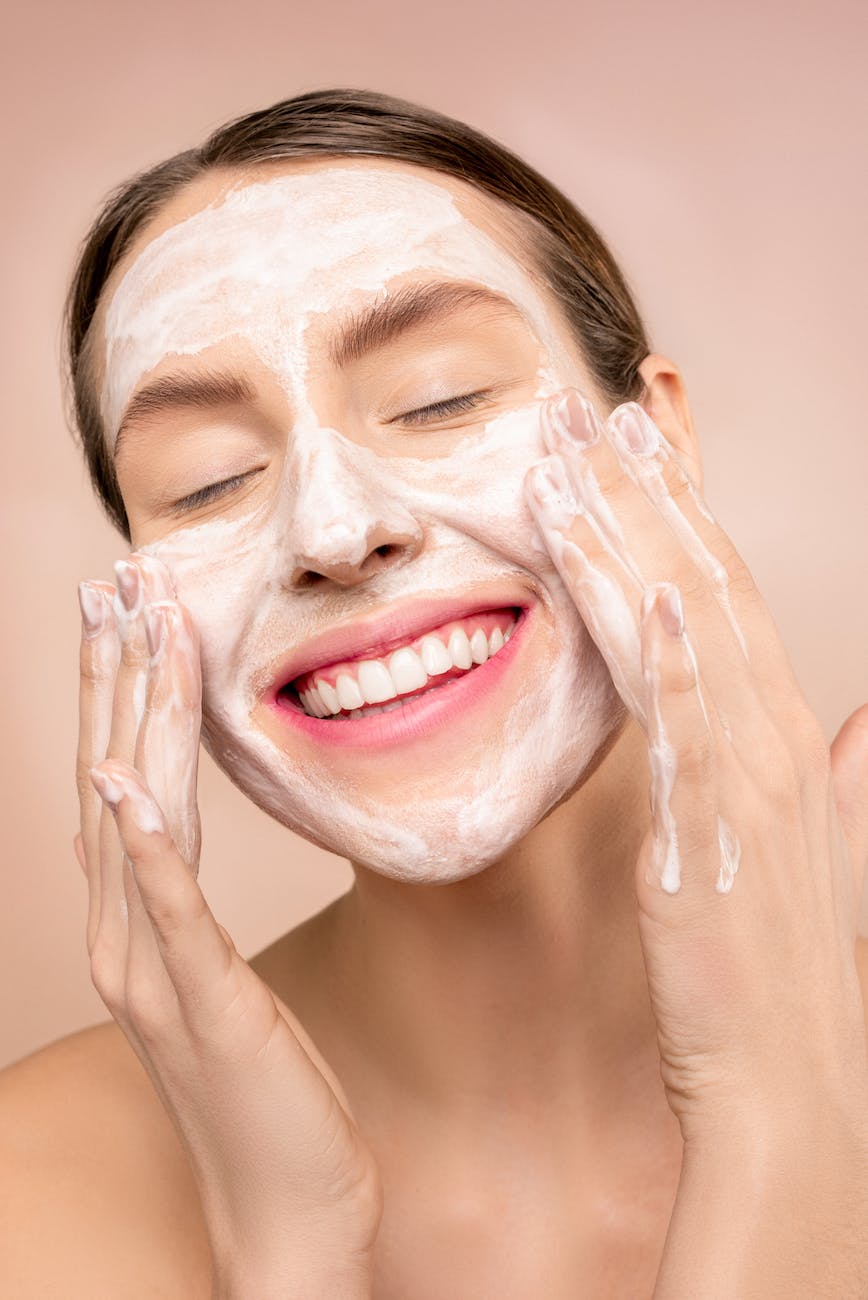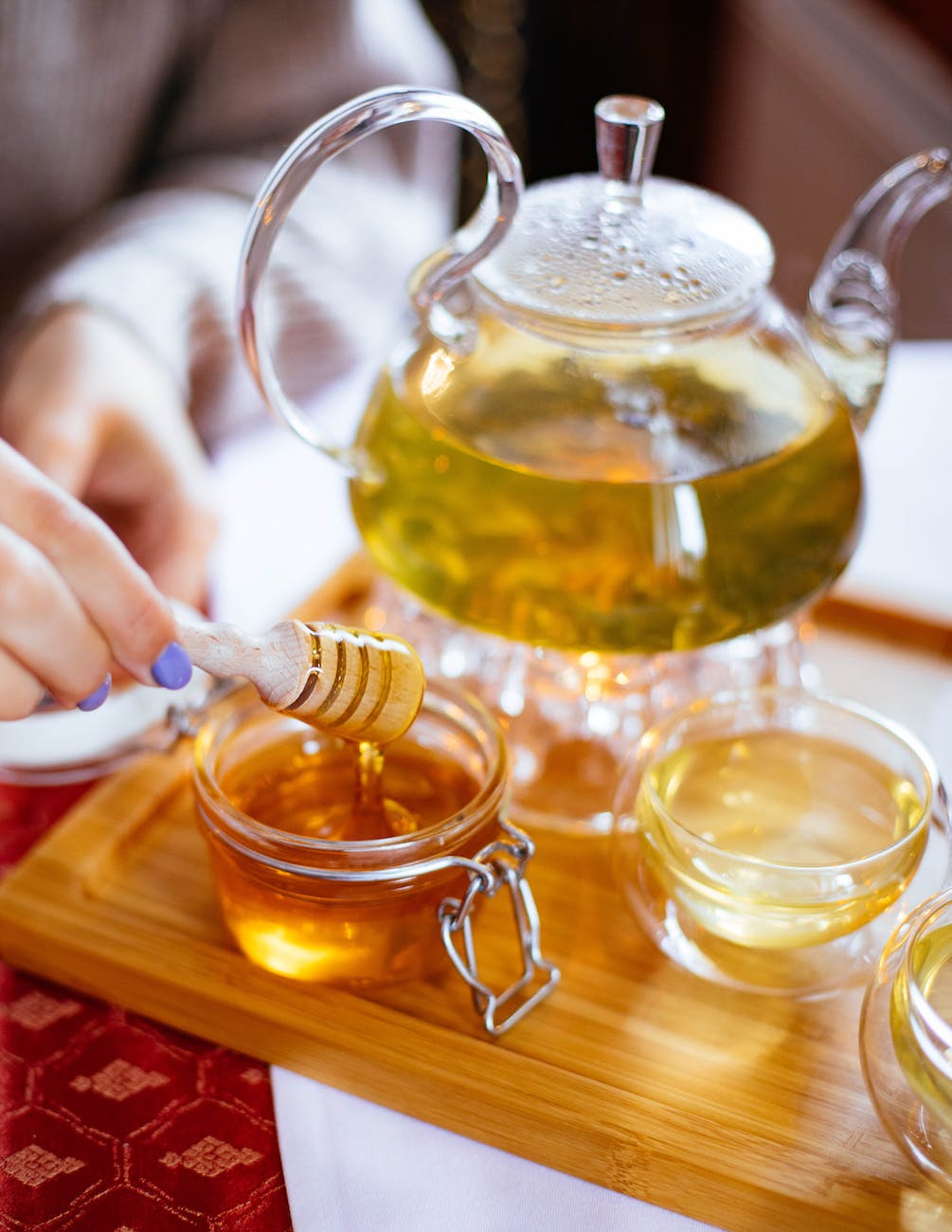
Title: A Deep Dive into the Impact of Sandalwood Powder on Face & Skin: Unmasking the Potential Side Effects
Introduction:
In the holistic world of skincare and beauty, sandalwood powder has a reputation that precedes it. Revered for its strong antibacterial and anti-inflammatory abilities, this aromatic powder is a staple in many cultures. Its widespread use in treating an array of skin conditions and enhancing the complexion has made it an iconic figure in natural skincare. But as is the case with any substance we apply on our skin, it’s crucial to understand the potential side effects that may come with it. Let’s delve into a comprehensive exploration of the possible side effects of using sandalwood powder on the face and skin.
1. Allergic Reactions:
Arguably the most common side effect of sandalwood powder use is allergic reactions. While relatively rare, these reactions can affect individuals who have a sensitivity or allergy to this substance. Symptoms may present themselves in a mild form, like itchiness, redness, or a slight burning sensation. However, in more severe instances, the reactions can escalate to swelling, a full-blown rash, or even difficulty breathing.
Before fully incorporating sandalwood powder into your beauty regimen, it is always recommended to conduct a patch test. This involves applying a small amount of sandalwood powder mixed with water on a tiny area of your skin and waiting for 24 hours. During this time, you can closely observe if any adverse reactions occur.
2. Dryness and Dehydration:
Sandalwood powder’s superb oil-absorbing properties make it an ideal option for those with oily skin. However, on the flip side, it can cause dryness and dehydration in those with already dry or sensitive skin types. Overuse of sandalwood powder can strip the skin of its natural oils, leading to a tight, uncomfortable sensation and visible dry patches.
To mitigate this, you can mix sandalwood powder with hydrating ingredients like rose water or aloe vera when making your face pack. Also, always follow up with a moisturizer to replenish the skin’s hydration levels.
3. Photosensitivity:
Photosensitivity, a heightened sensitivity to sunlight, is another potential side effect of sandalwood powder use. This can lead to quicker sunburn, skin damage, or discoloration, especially in people with fair or sensitive skin.
To prevent this, always apply a broad-spectrum sunscreen with an SPF of at least 30 before stepping out, especially if you’ve just used a sandalwood-based product. Additionally, it may be beneficial to limit your sun exposure during peak UV times, usually between 10 am to 4 pm.
4. Potential Chemical Adulteration:
Sadly, not all sandalwood powder on the market is pure, and some products may be adulterated with harmful chemical additives or lower quality wood powder. These impurities can lead to skin irritations, rashes, or even long-term skin damage.
When shopping for sandalwood powder, it’s essential to be mindful of where you’re purchasing from. Ensure it’s a reliable, certified source that guarantees the authenticity of their products. Always look for “100% pure” or “organic” labels.
5. Prolonged Use Side Effects:
Sandalwood powder has potent properties, and while these can bring benefits, excessive and prolonged use can sometimes lead to skin pigmentation or darkening. This can particularly affect individuals with darker skin tones.
The key is to use sandalwood powder sparingly and not to overdo it. Keeping a balanced skincare routine with a variety of beneficial ingredients can help prevent this side effect.
6. Interaction with Other Products:
Lastly, sandalwood powder can potentially interact with other skincare products, especially those containing strong active ingredients like retinol, glycolic acid, or vitamin C. These reactions can result in skin irritations, burning, or peeling.
Therefore, when you’re planning to use sandalwood powder, it’s crucial to consider the other products in your skincare routine. Use it in moderation and be cautious about product pairing.
Conclusion:
When used with care, sandalwood powder can offer significant skincare benefits. However, it’s always important to be aware of its potential side effects to ensure you’re not unknowingly causing harm to your skin. Keep in mind that individual results can vary greatly, and what works for one person might not work for another. Always listen to your skin, conduct patch tests, and don’t hesitate to consult with a dermatologist if needed. Above all, remember that the health and safety of your skin should always come before any beauty trend or remedy.
Call-to-Action:
If you found this guide helpful, consider sharing it with your friends and family. Help them understand the potential side effects of using sandalwood powder on their skin too. After all, when it comes to skincare, informed decisions always lead to healthier skin.











